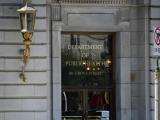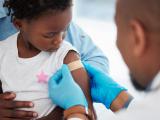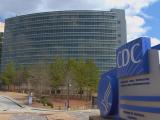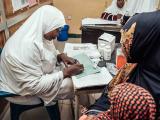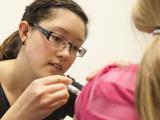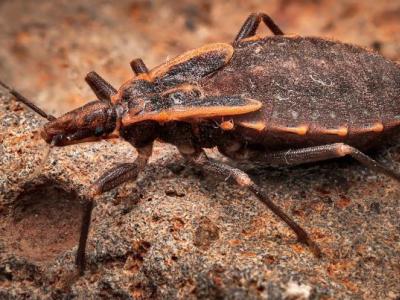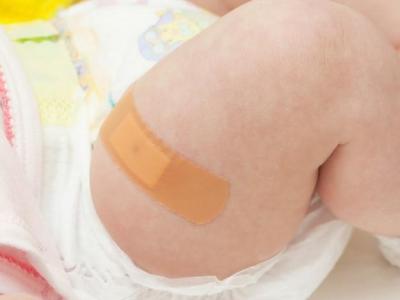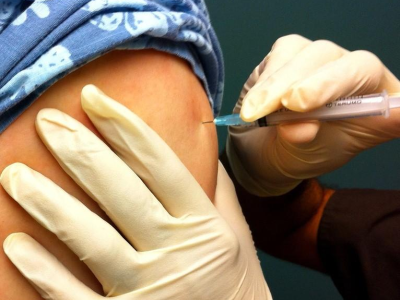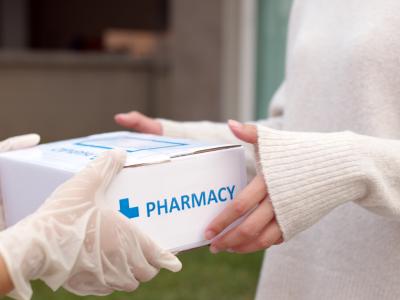Jul 16, 2004 (CIDRAP News) – The US House this week overwhelmingly approved the "BioShield" bill to guarantee a market for antidotes to biological and chemical weapons, thereby sending the legislation to President Bush for his promised signature.
The legislation, proposed by Bush in January 2003, authorizes spending $5.6 billion over the next decade for drugs, vaccines, and other countermeasures. The measure passed the House Jul 14 on a vote of 414-2. The Senate passed identical legislation May 19.
"This is the most significant first responder program in our nation's history. It will ensure that we have treatments immediately on hand to save lives," Rep. Christopher Cox, R-Calif., chairman of the Select Committee on Homeland Security, said in hailing the bill's passage.
BioShield guarantees that the government will buy promising medical countermeasures developed by private companies for biological, chemical, radiological, and nuclear weapons. It also allows the government to authorize the emergency use of drugs, vaccines, and other medical products that have not been approved by the Food and Drug Administration.
The legislation also permits the National Institutes of Health to issue research and development grants faster and gives the agency more latitude to use private experts and contractors.
A stockpile of a new anthrax vaccine is likely to be one of the government's first purchases under BioShield. In applauding the bill's passage, Health and Human Services Secretary Tommy Thompson said in a statement, "Project BioShield will allow us to acquire up to 75 million doses of the new generation anthrax vaccine early next year." The supply would be enough to vaccinate 25 million people.
Thompson added that BioShield "will also speed NIH research and development on next-generation countermeasures for other dangerous pathogens, such as Ebola and plague. And it will give the Food and Drug Administration the ability to make promising new treatments available quickly in emergency situations."
Cox, in a floor speech after the bill passed, said spending priorities for BioShield will be set on the basis of information from the Department of Homeland Security. "It will be the responsibility of the Department of Homeland Security to assess the global threat," he said. "Then we will hand off to the Department of Health and Human Services which will help, after priorities are set for this research, implement this program."
In a report by Global Security Newswire, some legislators and public health leaders cautioned that BioShield is only a first step in strengthening the nation's biological defenses.
Rep. Jim Turner of Texas, ranking Democrat on the House Homeland Security Committee, called the legislation an "experiment." He said, "We do not know if the incentives in this bill will drive our pharmaceutical industry to develop medicines for biodefenses when they can make so much more money on other products."
Rep. Christopher Shays, R-Conn., said BioShield must be linked to broader biodefense efforts, especially public health capacity to administer drugs and vaccines quickly and safely, according to the story. Similar views were expressed by Shelly Hearne, executive director of the Trust for America's Health, a nonpartisan advocacy group.
See also:
Statement by HHS Secretary Thompson
http://archive.hhs.gov/news/press/2004pres/20040714a.html
May 20, 2004, CIDRAP News story, "Senate passes BioShield bill"

